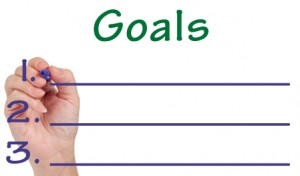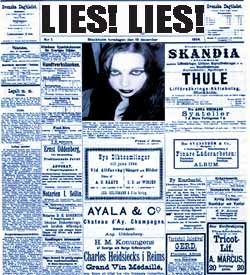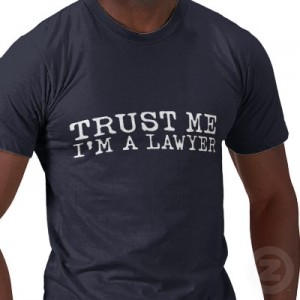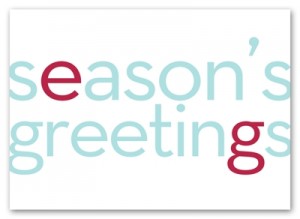There are two kinds of clients in the world: those who have hired attorneys before and those who haven’t. I suggest you focus on the former.
You want to appeal to clients who understand what lawyers can do for them and why they are worth their seemingly high cost.
You don’t want clients who need to be educated about everything or continually need you to hold their hand. You want clients who know what they want, and how to help you do the best job for them.
You want clients who can pay top dollar for your services, have lots of work for you, and know other sophisticated clients they can refer. You don’t want clients who have to wait until payday to cover the check they just wrote you, or regularly ask for more time to pay your latest bill.
Yes, there are more “beginners” out there. But there are also more attorneys competing for their business.
Tailor your marketing strategies, your fee structure, your image, your website, your articles and blog posts and other content o appeal to experienced clients.
Everyone else?
Accept them as clients if you want to, but don’t target them.
















How to be rich and happy
When I was young, I wanted to be a writer. That was my dream. I loved reading and the feel and smell of books. I haunted libraries and bookstores, imagining my own books in the windows and on the shelves.
I was a voracious reader. Non-fiction and fiction. Business, marketing, biographies, history; mysteries, thrillers, detective novels, science fiction. And books on writing.
But while I have written extensively throughout my career, early on, I somehow convinced myself that writers don’t make much money and I needed to do something more remunerative. Make money first, then I can retire and write all I want.
I now know this is folly.
To deny your passions, no matter the financial ramifications, is to deny the truth of who you really are. Working to make money so you can then do something else is simply bad advice.
But what if what you are passionate about is a one way ticket to financial mediocrity? At some point, you have to ask yourself, “What’s more important, money or happiness?” Yes, money is important and having more of it gives you more options. But having money does not guarantee happiness. Legions of unhappy wealthy people attest to that.
How about asking a different question: “What if what you are passionate about can lead to wealth and happiness?” It can, you know. In fact, I believe that following your passion is a much better road map to prosperity than working for money.
I’ve accomplished a lot in my career. I’ve done well financially. Â And now, decades after my childhood passion first stirred in me, I am writing. This blog is just the tip of the iceberg.
How does it feel? It feels. . . right. I can’t describe what I feel as excitement, it’s more a feeling of serenity, of “this is who I am and where I belong”.
But I also have flashes of regret.
What if I had listened to my inner child, the one who wanted to be a writer? What if I had ignored the voice of “logic” that told me to do something else? Where might I be today?
I don’t know if I’d be rich, but I know I’d be happy.
If I’d read the story of “The Rich Fisherman,” I might be in a different place today: